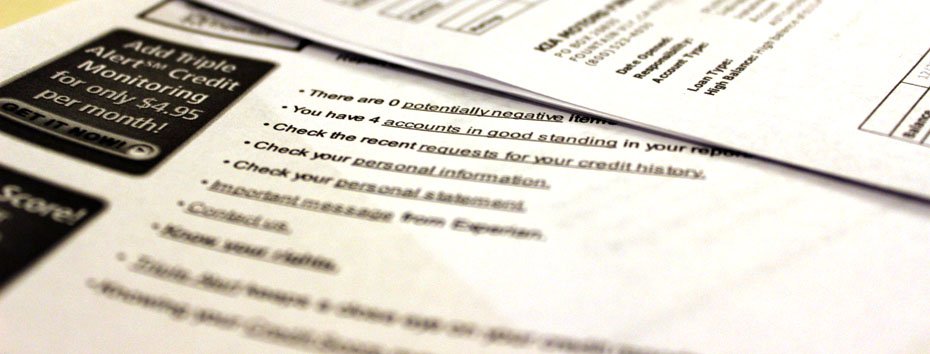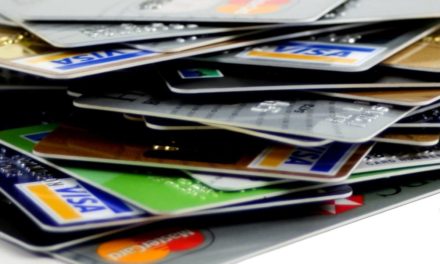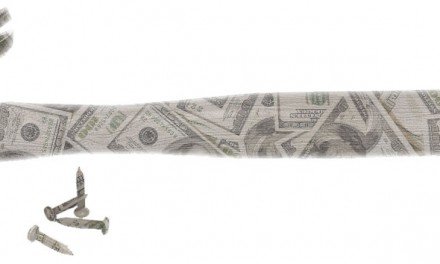Meet Susan. Susan’s credit score has always been something of a mystery to her. If you asked her, she could give you a vague idea of what range her score is probably in, based on what they said at the bank three years ago when she last opened an account. A friend told her that it’s good to always pay off your credit cards on time. Another friend told her that it’s okay to carry a balance. She doesn’t know how long bad marks stay on her record, but she assumes they go away after a while if she is consistent with her payments. She heard some conflicting advice from family members about how to check her credit score, so usually she doesn’t bother. Why risk hurting her score with another inquiry? That’s how it works, right?
Do you ever feel like Susan? We know that having a good credit score is important, especially when we want to make big purchases such as buying a car or a house. But it seems so complicated and confusing… How do we keep track of our credit score? How do we improve it?
Let’s start with the basics.
What is a Credit Score?
In short, your credit score represents your reputation for repaying your debt on time.
There are several scales for your credit score (FICO is the most popular, though Vantage is gaining some ground). Generally speaking, your credit score can range from 300 to 850, with 850 being perfectly amazing. However, most people have a score somewhere between 400 and 800. Each agency has slightly different thresholds, but usually below 640 is poor, 640 to 680 is considered good, and 720 and up is considered great.
Your score is based on several factors:
- The number of open accounts you have (good or bad)
- The ratio of your balance to your credit limit
- The length of time your accounts have been established
- Any derogatory remarks in Public Records (found on your credit report)
Here’s a more specific breakdown:
| Category | Percentage of score |
|---|---|
| Payment History | 35% |
| Amounts Owed | 30% |
| Length of Credit History | 15% |
| New Credit | 10% |
| Types of Credit Used | 10% |
Contrary to popular belief, your score has nothing to do with your income or the credit limits on your accounts. Various aspects of your credit behavior are used to create complex mathematical formulas that credit reporting companies use to generate your credit score. Thus, as your credit behavior changes, your credit score changes accordingly. It makes sense, then, to regularly monitor your credit.
How Do I Check My Credit Report?

What does your credit score look like?
The best way to find out where you stand is to get a credit report. A credit report (also called a credit file disclosure) is simply a listing of your credit payment history, according to your creditors. It is there mainly to help a lender quickly decide whether or not they should grant you credit when you apply for a loan. It gives a much more thorough picture of your credit than a number.
Checking your credit doesn’t affect your score, as long as you do it properly. That means 1) you don’t check it too often, and 2) you only check it through the official, reputable sources. A third rule would be that you should never pay to pull your credit report. You are legally entitled to one free report from each of the nationwide consumer credit reporting companies each year.
There are three consumer credit reporting companies: TransUnion, Experian, and Equifax. Since you are entitled to one report from each company per year, that means you can get up to three free reports in one year, without affecting your credit score. While some people pull all three reports at once, I recommend that you pull one report from each company every four months. This way, you can have a better ongoing picture of what your credit looks like throughout the year.
You’ve probably seen numerous ads on the internet for free credit reports, but most of them are not free. Most of them will charge you some sort of “convenience” fee for looking up your reports for you, and they harvest all of your personal information. The most notorious offender is freecreditreport.com, which you should never use. It is not free.
The official site that you should use is https://www.annualcreditreport.com/. This site is secure, free, and it allows you to choose which agency you want to pull your report from. Make sure to keep track though, so that you rotate between agencies every four months.
What’s on my Credit Report?
Your credit report will include:
- Personal information, such as name(s), birth date, and social security number
- Previous and current addresses
- All of your credit history for the last 7 to 10 years (with information about each account — including whether each individual monthly payment was late or on time)
- Public records and collections information
- Regular and promotional inquiries — who requested information about your credit history
This is the same information that lenders see when they pull your credit report. Whether it is a bank deciding if they should give you a mortgage, or a dealership deciding the interest rate on your auto loan, now you will know what might make them shake their head. When you get your credit report, make sure to carefully look at each section. Find any items that may be bringing down your score, so you know exactly what needs to change.
The free credit report will not include:
- Your FICO score
I know, that would be too convenient. It would also make sense. To find out your FICO score, you can always ask a lender for the results of their inquiry when you are seeking a loan for a car or home. However, at that point it’s already too late to improve your score. That’s why you need your credit report — to tell you the why behind the number. Once you know the why, you can fix whatever needs fixing, and the number will improve accordingly.
Update: Another option to find out your credit score for free is to use Credit Karma. They are a truly free service, and they don’t even ask you for a credit card when you create your account. You can sign up and see your TransUnion score in under 2 minutes. They also have a very useful “Credit Report Card” feature which can help you identify problem areas, if you have any.
How Do I Improve My Credit Score?
Here are some general guidelines to follow when it comes to your credit:
| Category | Goal | Tips |
|---|---|---|
| Account existence | at least 4 years | If you are constantly opening and closing accounts every couple of years, you won’t be able to establish a solid credit score. The longer your history of on-time payments, the better your score will be. |
| Number of cards | no more than 3 – 5 | If you have too many credit cards, it makes your own life more complicated, but it also distributes your credit history. It’s better to maintain just a few cards and keep them for a long time. If you plan to get rid of multiple cards, don’t cut them all up at once — it’s better to shed one every two or three months. |
| Balance to carry | 25% or less | You want to keep your ratio of balance to credit limit low. Banks and credit card companies report account balances to TransUnion, Equifax, and Experian once a month. You can call your card issuer and ask them what day of the month they submit their balances. For example, if they report balances on the 15th, you’ll know you should have your balance paid down by the 14th each month. |
| Derogatory remarks | None | If there are any derogatory remarks on your credit report, you can call the agency that issued the report and ask how to get it removed. In most cases, there are actions you can take to remove the mark from your report. |
And of course, make sure your payments are always on time! I’m confident that if you follow the tips and guidelines outlined in this article, you’ll begin seeing improvements in your credit score. I hope this was helpful!






Recent Comments